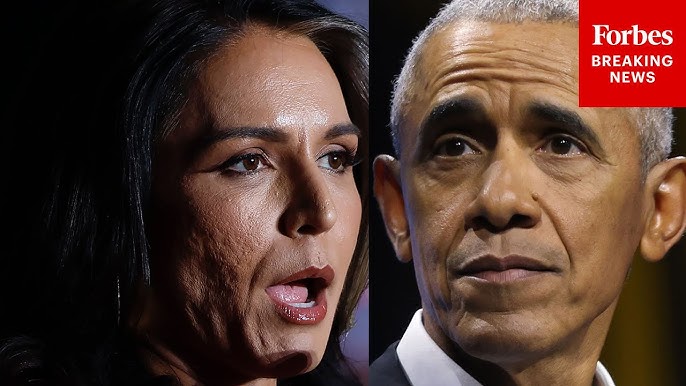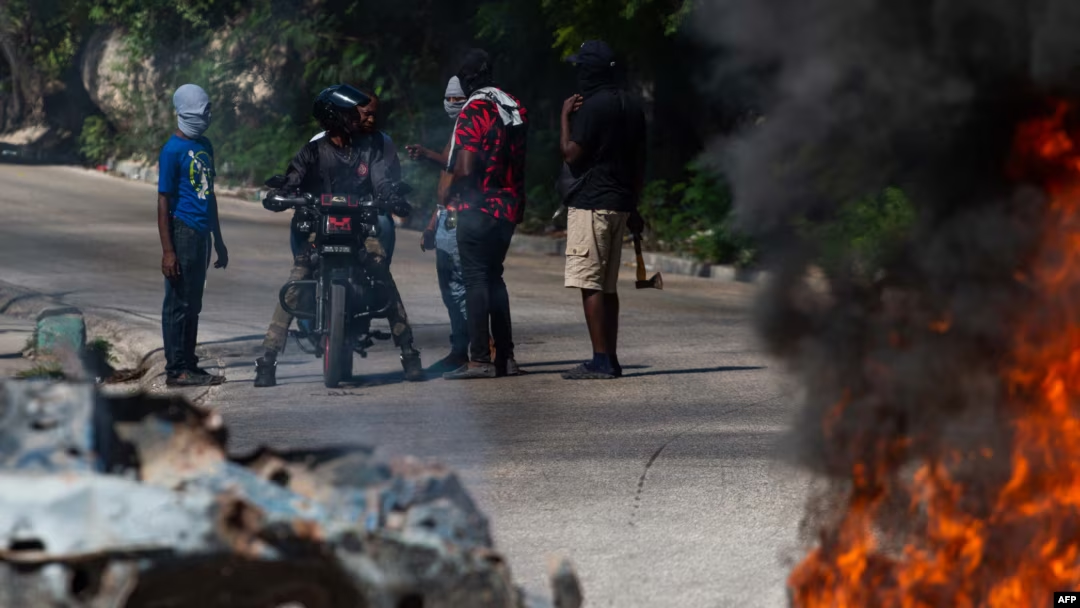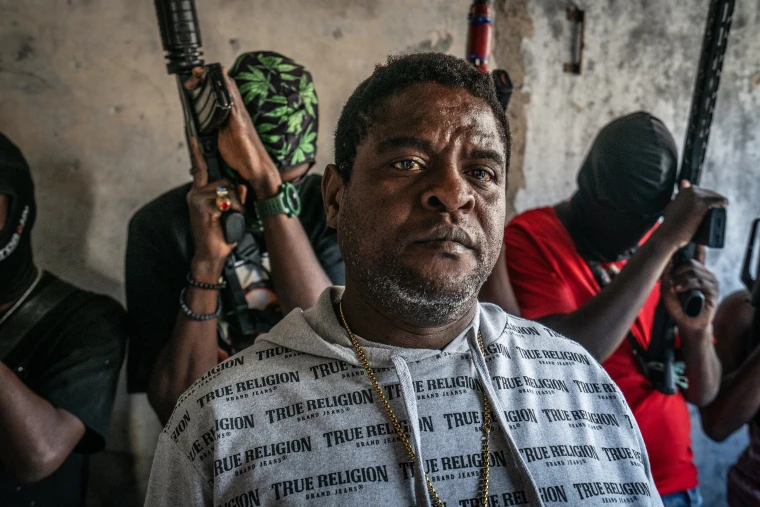Tulsi Gabbard, former Democratic congresswoman from Hawaii and 2020 presidential candidate, has reignited political controversy by calling for former President Barack Obama to be prosecuted for alleged misconduct related to the 2016 U.S. presidential election. Gabbard’s comments have sparked fierce debate across political lines, adding another chapter to the ongoing saga surrounding government surveillance, political accountability, and election interference.
Background of the Controversy
The 2016 election remains one of the most scrutinized in American history. Amid allegations of Russian interference and subsequent investigations, political divisions have only deepened. Much of the controversy stemmed from intelligence and law enforcement operations conducted during the final months of the Obama administration, especially surrounding surveillance of Trump campaign associates.
At the heart of Gabbard’s claim is the notion that President Obama, while in office, either knowingly approved or failed to prevent intelligence operations targeting Donald Trump’s campaign under what she calls false pretenses. Specifically, she references the use of Foreign Intelligence Surveillance Act (FISA) warrants against Trump campaign aide Carter Page, which were later criticized by the Justice Department’s Inspector General for inaccuracies and omissions.
Gabbard’s Argument
Gabbard argues that the abuse of federal intelligence tools against a political opponent is a fundamental threat to democracy. In recent statements, she has emphasized that such behavior, if proven, should not be brushed aside due to Obama’s stature or past accomplishments. According to her, if accountability is to have any meaning, it must apply to all, including former presidents.
She draws a parallel between what happened in 2016 and the weaponization of federal institutions for partisan purposes. Gabbard suggests that prosecuting Obama is not about political revenge, but rather about setting a precedent that even presidents are not above the law. Her stance aligns with a growing concern among Americans—on both sides of the aisle—that federal agencies may at times act without sufficient oversight or transparency.
A Departure From the Party Line
Tulsi Gabbard’s political trajectory has always been unconventional. Though elected as a Democrat, she has increasingly distanced herself from the party. Her support for populist themes, strong critiques of the intelligence community, and alignment with certain conservative viewpoints have made her a frequent guest on right-leaning media platforms.
By directly calling for prosecution of Obama—one of the Democratic Party’s most revered figures—Gabbard has further estranged herself from mainstream Democratic politics. While some see her as a voice of principle and independence, others label her as a political opportunist seeking relevance through controversy.
The Legal Landscape
While Gabbard’s rhetoric is forceful, the legal path to prosecuting a former president is far from straightforward. Legal experts note that even if intelligence agencies made errors in their handling of FISA applications, there must be direct evidence of criminal intent or personal authorization by Obama to make a viable case for prosecution.
In past investigations, including those conducted by the Department of Justice and congressional committees, Obama himself was never formally implicated in any wrongdoing. Former Attorney General William Barr’s review of the FBI’s Crossfire Hurricane investigation resulted in criticism of FBI procedures but stopped short of naming high-level political actors as criminally responsible.
Unless new evidence emerges, legal analysts largely view the probability of a case against Obama as low. Nonetheless, Gabbard’s call keeps the issue alive in the political discourse.
Reactions Across the Spectrum
The response to Gabbard’s comments has been predictably polarized. Conservatives and some libertarians have praised her for challenging political taboos and advocating for institutional accountability. They view her as an independent voice willing to question the sacred cows of American politics.
On the other hand, Democrats and progressives have largely condemned her statements as inflammatory and baseless. Many accuse her of feeding into conspiracy theories and undermining faith in American institutions. Some have gone so far as to question her motivations, suggesting that her increasing appearances on conservative outlets signal a potential political rebranding.
Political Implications
Gabbard’s remarks could influence future political alignments. As dissatisfaction with the traditional two-party system grows, her brand of maverick politics may appeal to independent and disaffected voters. Whether she is laying the groundwork for a third-party run or simply staking out space as a thought leader remains to be seen.
What’s clear is that her comments add fuel to a long-standing fire: the struggle over how much power presidents and federal agencies should wield and what mechanisms exist to check potential abuse.
Conclusion
Tulsi Gabbard’s call for Barack Obama’s prosecution over 2016 election actions is more than a headline-grabbing soundbite—it’s a reflection of deeper tensions within American democracy. Her position challenges traditional political loyalties and forces a broader conversation about transparency, accountability, and the legacy of presidential power. Whether one agrees with her or not, Gabbard has once again positioned herself at the intersection of controversy and conscience, where politics meets principle—or at least its perception.




